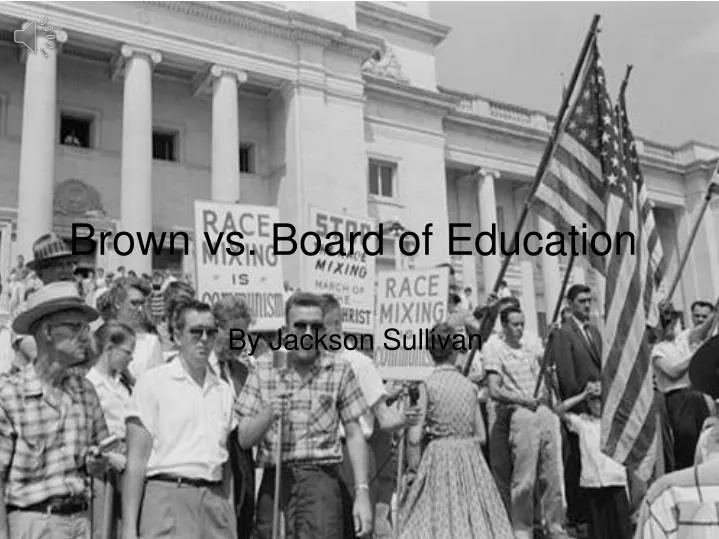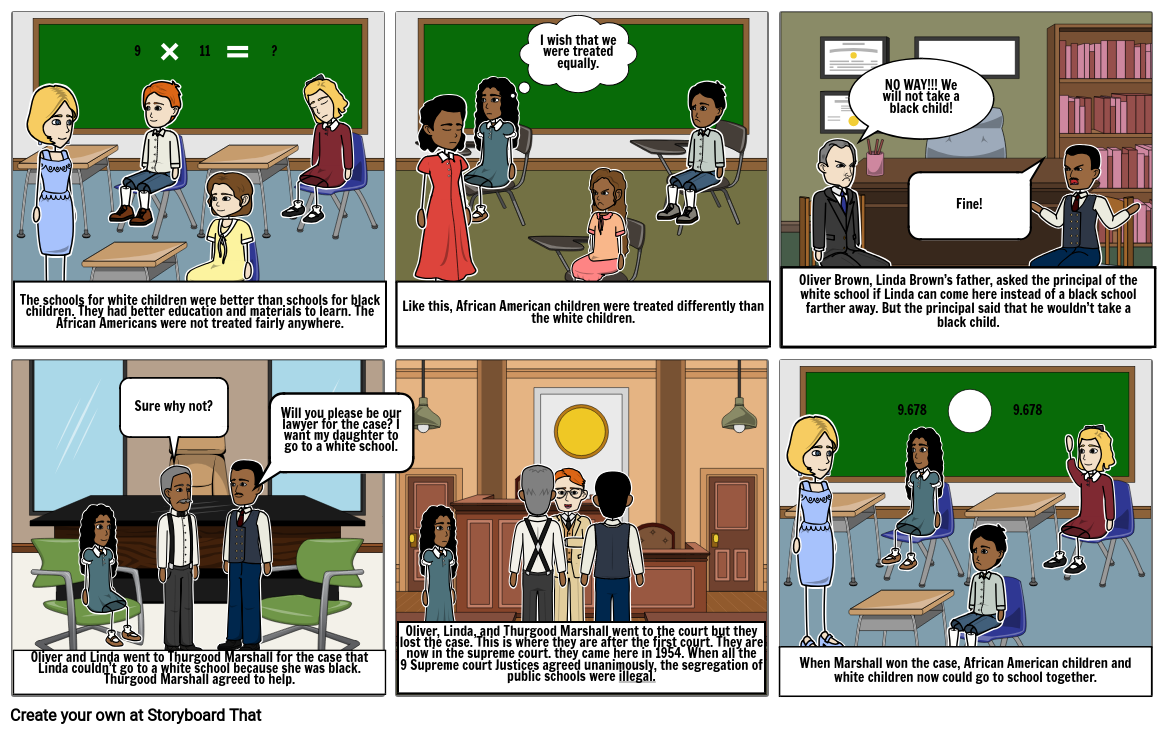

I encountered racial bias on the part of white educators. The lessons learned from that experience were largely about understanding that education is something one does for oneself. The only glaring difference was that unlike my mother and sisters I have been educated Kindergarten through graduate school without being taught by a person of color. I began my formal schooling in the fall of 1955 in the wake of this change. Consequently the transition to integrated schools was without drama. In Kansas, only elementary schools in first class cities, those of 15,000 or more, were racially segregated. Unlike the companion cases in Brown, African Americans in Topeka were not facing the stark disparities found in Southern school districts. Board, and co-founder of the Brown Foundation (Photograph by Carl Iwasaki/The Life Pictures)Ĭheryl Brown Henderson, daughter of the late Rev.

Martin Luther King and other seminal events/trends of the times. Much of our work tied together our dissent against the war in Vietnam with the social upheavals connected with "black power," the war on poverty, the assassination of Dr. history that emerged after the reconstruction period. There was a heavy emphasis on correcting the "false" themes of U.S. I studied political science as an undergraduate and specialized in intercultural communications. It was clear by that time that African Americans were to be treated without discrimination and, more importantly, in liberal schools, as people with experiences that were central to our understanding of the U.S. Board had already had a defining impact on the curriculum and environment in the schools. I attended high school and college in the 60s when Brown v. Jean AbiNader, board member of the Arab American Institute and former president of the U.S. Not all questions were asked of all participants. Here is the complete text of interview questions and responses.

Teaching Tolerance asked a number of commentators, activists, educational leaders, politicians and others to respond to a series of open-ended questions about the legacy and impact of Brown v.


 0 kommentar(er)
0 kommentar(er)
